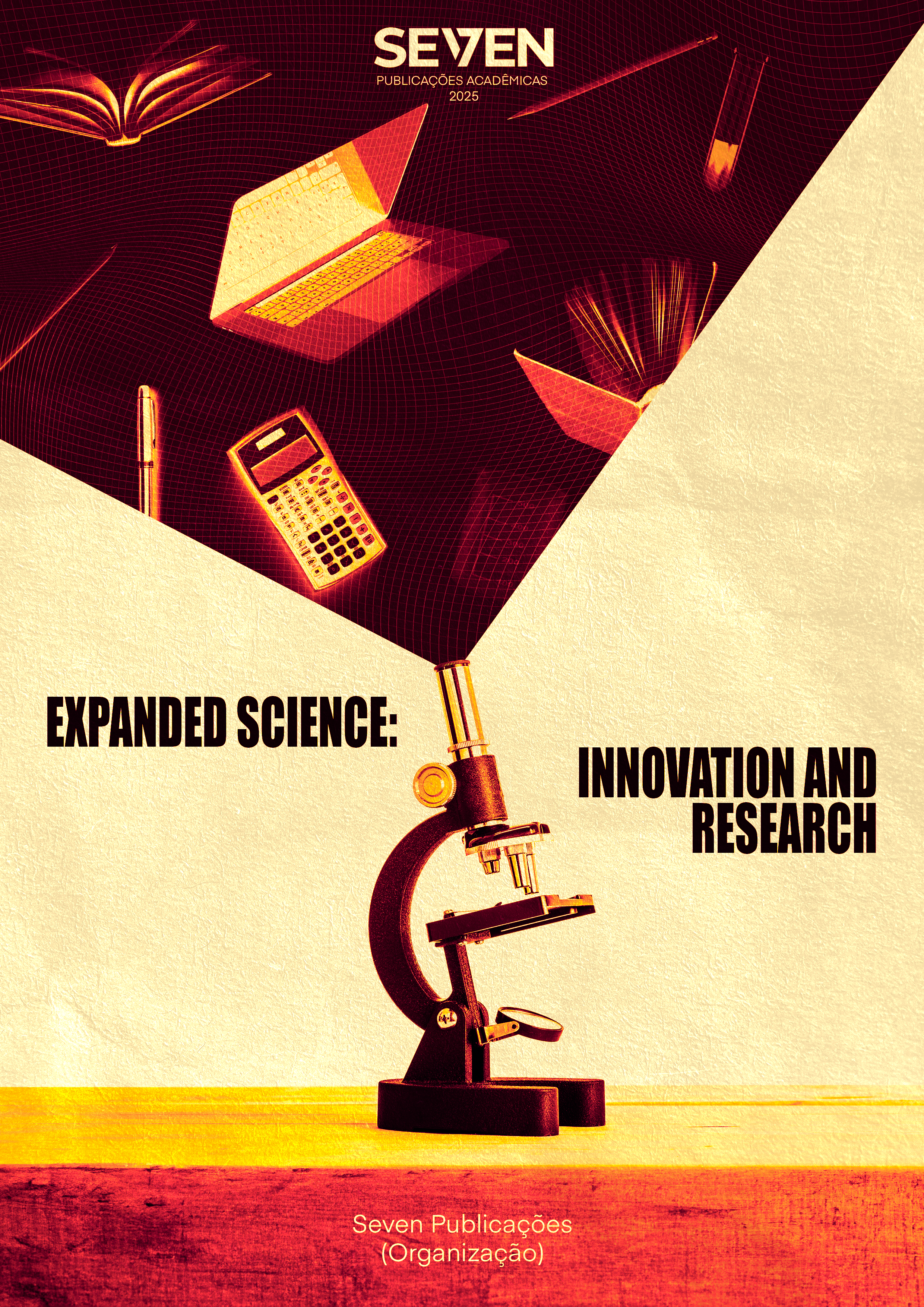IMPACT OF AFFECTIVE PEDAGOGICAL PRACTICES ON THE LEARNING OF THIRD-YEAR ELEMENTARY SCHOOL CHILDREN
Keywords:
Child, School, Teacher, AffectionAbstract
Family and school are the social groups with which children form emotional bonds and develop socially. At school, children will have their teachers as allies, who, by creating a stimulating, affectionate, and welcoming environment, will enable them to express their ideas, feelings, and emotions. The overall objective of this research was to investigate the impact of a positive affective pedagogical practice on the learning of third-grade elementary school students. This is a qualitative, descriptive, and objective-based pedagogical intervention study conducted with a class of 23 third-grade elementary school children (13 boys and 10 girls, ages 8 and 9) from a state elementary school located in a municipality on the western border of the state of Rio Grande do Sul. Participant observation of the class was conducted to better understand and be understood. In the second week, based on the observations, a project was developed with the intended pedagogical interventions (lesson plans) for the following two weeks. The interventions took place in the afternoon shift in May 2023, and the analysis of the activities and other observations were recorded in a field diary. Photos and videos were also taken to document the class's reactions to the interventions as fully as possible. The results showed that children learn and develop through interaction with the environment, the teacher, and their peers. A teacher is affectionate when she listens attentively to the child, monitoring their learning process and considering different ways to propose pedagogical interventions, supporting the child in their educational journey. A positive affective environment is the result of respectful interactions, attentive and sensitive listening, and planned activities.
Downloads
Published
Issue
Section
License
Copyright (c) 2025 Vivian da Costa Paz, Adriana Barni Truccolo

This work is licensed under a Creative Commons Attribution-NonCommercial 4.0 International License.





